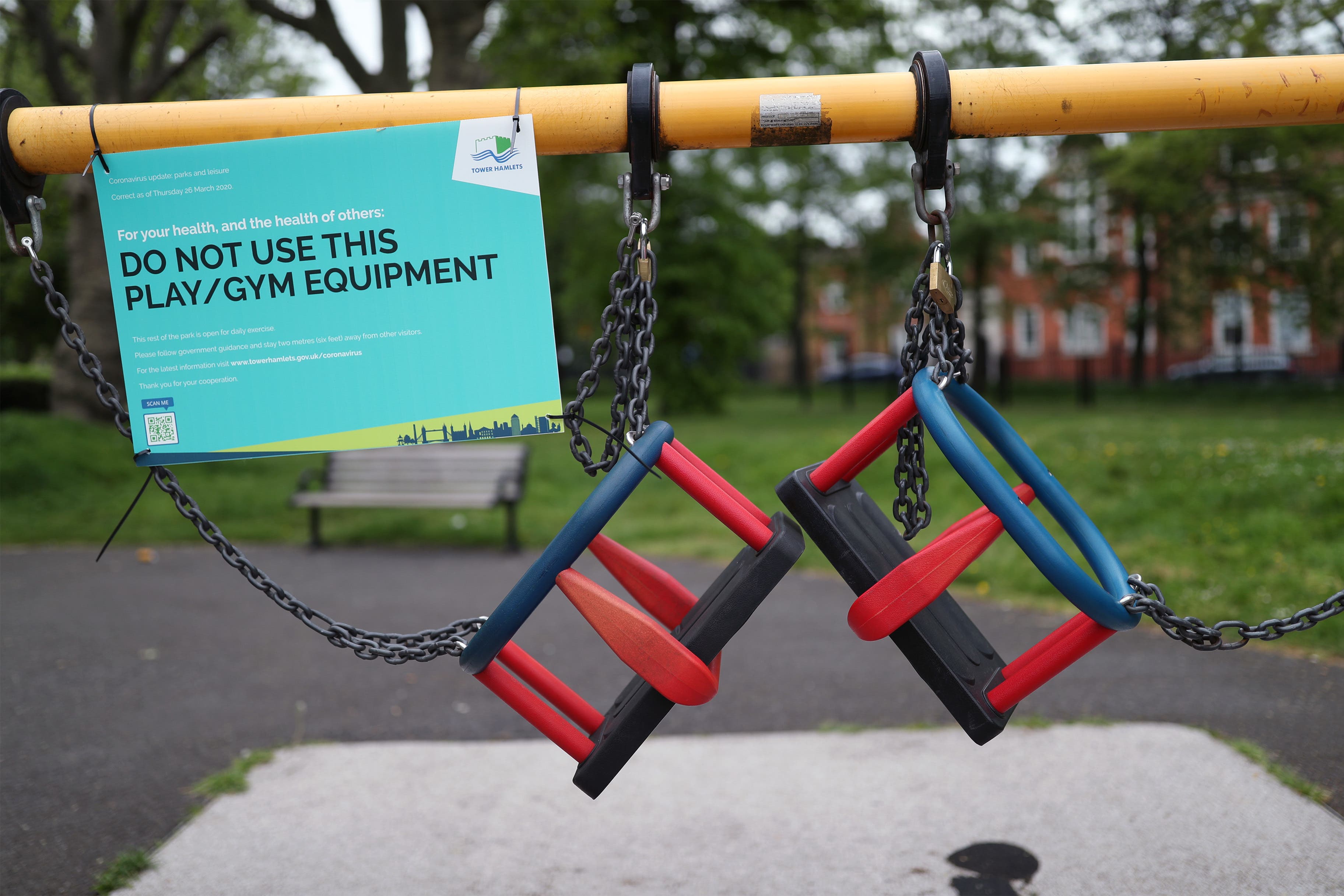More negative impacts for children of furloughed parents than others – research
The researchers said their survey was designed to screen for emotional or behavioural problems.

Research showing the effects on children from economic disruption faced by their parents during the pandemic is a reminder of the “multi-generational impacts” that could also be felt during this cost-of-living crisis, a think tank has said.
Nearly half (48%) of children saw their socio-emotional development worsen in the first year of the pandemic, a survey by the Institute for Fiscal Studies and University College London Institute of Education suggested.
Children aged four to seven years old were 10 percentage points more likely to have seen their social and emotional development worsen than 12-15 year-olds (52% versus 42%), the researchers said.
It added that, unlike previous research into academic learning loss of children, the study found no evidence that children in disadvantaged families fared worse when it came to socio-emotional development.
The researchers said their survey was designed to screen for emotional or behavioural problems, and used questions focused on whether parents found their children to be “easily scared”, “constantly fidgeting or squirming”, or “generally obedient”.
The research, funded by the Nuffield Foundation, had findings which suggested that children whose parents had been furloughed in the pandemic were “significantly more likely to experience a worsening in their socio-emotional skills than those whose parents had not been furloughed (51% versus 45%)”.
They said the the socio-emotional skills of children whose parents had stable labour market experiences throughout the pandemic – whether that saw their parents employed or unemployed throughout – “held up better on average than the skills of children whose families faced more economic instability”.
They stated: “This suggests that it was the stability of parents’ labour market experiences, rather than being in any particular economic state, that was an important determinant of children’s socio-emotional development during the pandemic.”
The researchers said their findings suggest that “periods of significant economic turbulence, as well as policies that inadvertently raise uncertainty and/or stress for parents can have high human capital and well-being costs not only for the directly affected adults but also for their children”.
IFS research economist and report author, Andrew McKendrick, said the findings are a timely reminder, given the cost-of-living crisis which is currently affecting many families.
He said: “During the Covid-19 pandemic, children from all backgrounds saw their social and emotional skills worsen considerably.
“Children lived through many changes during these years: school closures, lack of contact with friends and family, and potentially devastating severe illness or death among loved ones.
“Our research shows that another important driver of children’s declining skills was the economic disruptions experienced by their parents, whether or not those disruptions led to a large income loss.
“With the cost-of-living crisis currently hitting many families’ budgets, our findings are a reminder that economic uncertainty can have multi-generational impacts.”
Josh Hillman, director of education at the Nuffield Foundation, said: “This important research highlights yet another adverse and compounding effect the pandemic had on children and young people, particularly those whose parents stopped working or were furloughed.
“Children’s social and emotional development is important, not only in its own right, but also in supporting their capacity to learn and achieve in school, which in turn can bolster their longer-term outcomes.”
Bookmark popover
Removed from bookmarks